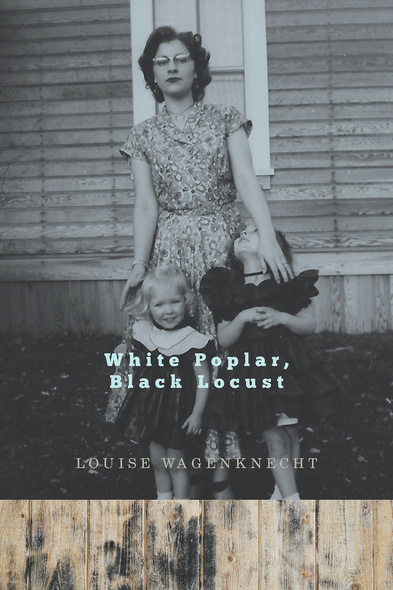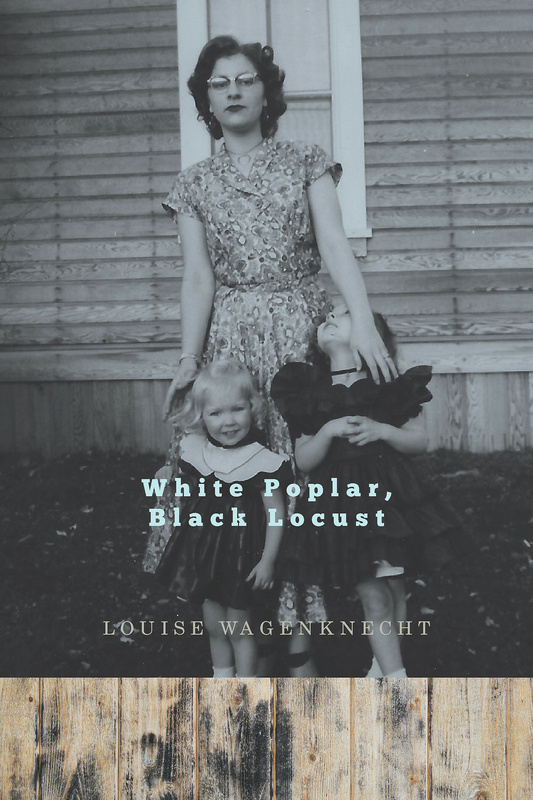Growing up in one of the West’s last company lumber towns, a small community called Hilt on the California-Oregon border, Louise Wagenknecht witnessed the dying years of a unique way of life. The lumber boom of the 1950s and 1960s would devastate the ancient old-growth forests of the Klamath Mountains as well as the people of Hilt, whose lives were inextricably tied to the company lumber mill. White Poplar, Black Locust is the story of that transformation, but it is also something more—a noteworthy addition to the literature of place, and a sensitive and richly textured family memoir. As Wagenknecht unravels the threads that still bind her to both Hilt’s history and her own, unforgettable characters emerge, and what should have been the happy ending to this story, the marriage of her divorced mother to a forester working for the Fruit Growers Supply Company, becomes instead the end of childhood innocence, foretelling the demise of the mill and the end of Hilt itself.
Originally published by the University of Nebraska Press in 2003, this first book in Louise Wagenknecht’s trilogy about life in the Klamath Mountains is now available through Oregon State University Press, together with Light on the Devils (2011) and Shadows on the Klamath (2021).
Originally published by the University of Nebraska Press in 2003, this first book in Louise Wagenknecht’s trilogy about life in the Klamath Mountains is now available through Oregon State University Press, together with Light on the Devils (2011) and Shadows on the Klamath (2021).
A compelling read, offering a valuable blend of humanistic and scientific approaches to Northwest history and the ways in which a specific sense of place is constructed. In its attention to a woman’s perspective within a male-dominated lumbering milieu, it is reminiscent of Kim Barnes’s In the Wilderness. Wagenknect’s memoir, however, is concerned with interweaving a story of gender and class with a tale of environmental understanding. That is the real contribution of White Poplar, Black Locust, as it links the personal and the historical . . . and ultimately teaches us much about arrogance and loss, respect and sustainability.’ —Oregon Historical Quarterly
This is a lovely memoir of heartbreak and hope. . . . In a perfect world, this book would have been awarded a Pulitzer Prize.’
—Bloomsbury Review
This is a wonderful book for those interested in memoirs, environmental writing, and the history of the far west; general readers will also find it enjoyable. It is rich with well-researched detail and with understanding that grows out of experience. . . . The book is also beautifully and engagingly written. Anyone who has asked, 'What is 'sense of place?' or 'How do writers evoke a sense of place?' must read White Poplar, Black Locust.'—Montana: The Magazine of Western History
LOUISE WAGENKNECHT was born in Boise, Idaho, and raised near the Klamath River in northwestern California. She graduated from California State University, Chico with a degree in English, and studied range, botany, forestry, and wildlife management at Humboldt State University. She worked for the US Forest Service for more than thirty years and has been widely anthologized. She lives in Idaho.





